Beginner Needs Help: What Is My Gardening Region (Not Zone)?
MidnightStorm
17 years ago
Related Stories
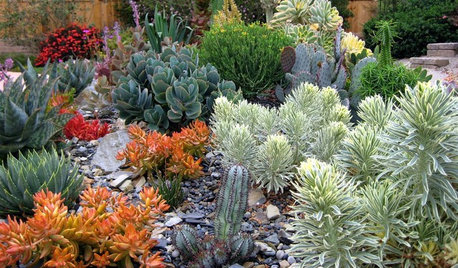
GARDENING GUIDESA Beginner’s Guide to Growing Succulents
Their easy-care reputation is well-deserved, but a little TLC will turn succulents into star plants
Full Story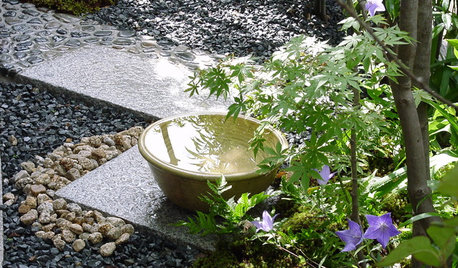
WORLD OF DESIGNA Beginner’s Guide to the Japanese Tea Garden
A small roji, or teahouse garden, offers a respite from everyday life. Why not make one part of your home garden?
Full Story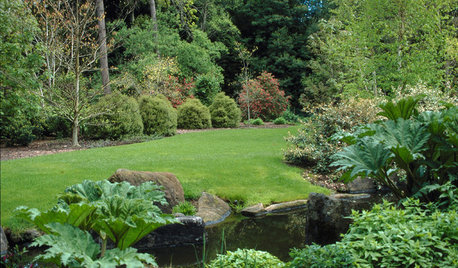
GARDENING GUIDESYou Don't Need Prairie to Help Pollinators
Woodlands, marshes, deserts — pollinators are everywhere
Full Story
WORKING WITH PROSA Beginner’s Guide to Managing a Remodel
How do you make your design dream a reality? Here’s some project management know-how to help you work with your designer
Full Story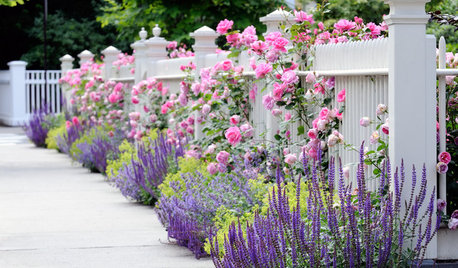
GARDENING GUIDES10 Tips to Start a Garden — Can-Do Ideas for Beginners
Green up your landscape even if you're short on time, money and knowledge, with these manageable steps for first-time gardeners
Full Story
LIGHTINGA Beginner’s Guide to Lighting in Layers
Discover the secrets of combining light sources to create richer-looking and more flexible living spaces
Full Story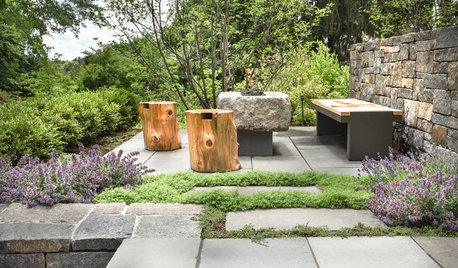
LANDSCAPE DESIGNNative Plants Help You Find Your Garden Style
Imagine the garden of your dreams designed with plants indigenous to your region
Full Story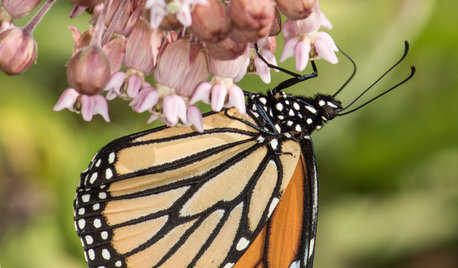
FLOWERS AND PLANTSHelp Monarchs and Other Butterflies by Planting Common Milkweed
Summer-blooming Asclepias syriaca is an important larval host plant for the monarch butterfly and attracts a number of pollinating insects
Full Story
HOUSEKEEPINGWhen You Need Real Housekeeping Help
Which is scarier, Lifetime's 'Devious Maids' show or that area behind the toilet? If the toilet wins, you'll need these tips
Full Story
ARTCollect With Confidence: An Art-Buying Guide for Beginners
Don't let a lack of knowledge or limited funds keep you from the joy of owning art. This guide will put you on the collector's path
Full Story





gardengal48 (PNW Z8/9)
MidnightStormOriginal Author
Related Professionals
Reading Landscape Architects & Landscape Designers · Surprise Landscape Architects & Landscape Designers · Redondo Beach Landscape Architects & Landscape Designers · Barrington Landscape Contractors · Belvedere Park Landscape Contractors · Cudahy Landscape Contractors · Lees Summit Landscape Contractors · Medford Landscape Contractors · Northport Landscape Contractors · Wallingford Landscape Contractors · Wentzville Landscape Contractors · Hueytown Landscape Contractors · Conroe Driveway Installation & Maintenance · Morgan Hill Driveway Installation & Maintenance · Pawtucket Driveway Installation & Maintenancegw:judy-hebe